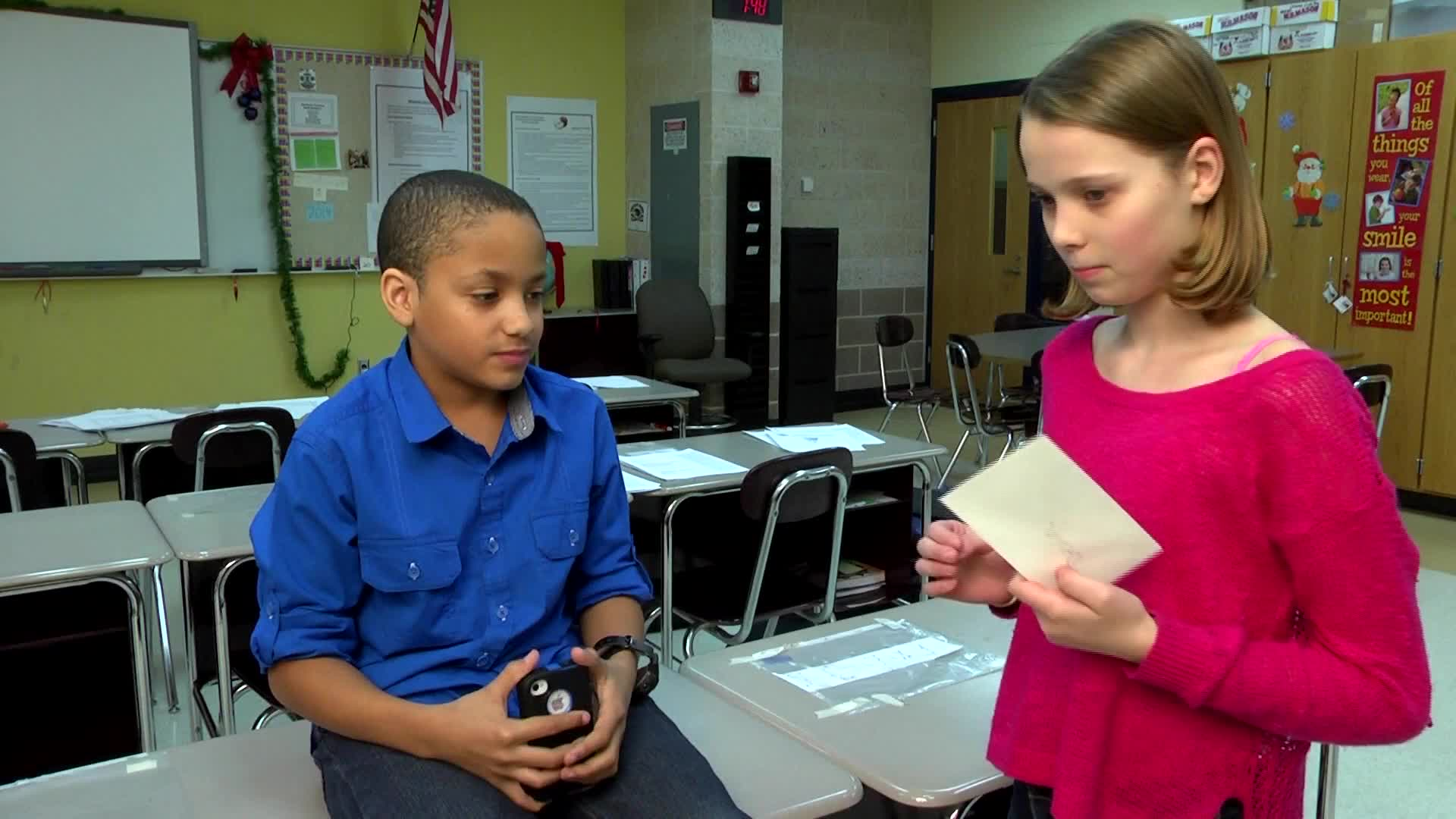
Introduction
Social-Emotional Learning (SEL) is essential in helping students develop the skills they need to navigate social situations effectively. One particularly important skill is being polite when declining invitations. This skill helps students show respect for others’ feelings and maintain positive relationships. In this blog post, we will discuss an engaging no-prep activity, as well as discussion questions and related skills to help elementary students learn the importance of being polite when they can’t or don’t want to attend an event.
No-Prep Activity
The “Polite Decline Role-Playing” activity requires no preparation or materials from the educator. Begin by explaining to students that sometimes, people invite us to do things that we can’t or don’t want to attend. In these situations, it’s important to be polite when saying no.
- Divide the class into pairs, with one student as the “inviter” and the other as the “invitee.”
- Have the inviter come up with an event, such as a birthday party or a playdate, and invite the invitee.
- Ask the invitee to practice being polite when declining the invitation. Encourage them to use phrases like “Thank you for inviting me, but I can’t make it” or “I appreciate the invitation, but I have other plans.”
- After a few minutes, have the students switch roles and repeat the process.
- Finally, bring the class back together and ask for volunteers to share their experiences and what they learned.
Discussion Questions
Use these questions to stimulate further discussions about being polite when declining invitations:
- Why is it important to be polite when saying no to an invitation?
- How do you think people feel when someone declines their invitation impolitely?
- What are some polite ways to decline an invitation without hurting someone’s feelings?
- Can you think of a time when you had to decline an invitation? How did you handle it?
- How can we practice being polite in other situations, not just when declining invitations?
Related Skills
In addition to being polite when declining invitations, other relevant SEL skills for elementary students include:
- Active listening: Paying attention to others, showing interest, and responding appropriately to their statements.
- Empathy: Understanding and sharing the feelings of others, and showing compassion in our interactions.
- Assertiveness: Expressing our feelings, needs, and opinions in a respectful and confident manner.
- Conflict resolution: Identifying and resolving disagreements in a respectful and constructive way.
Next Steps
Teaching students the importance of being polite when declining invitations is a valuable skill that will help them build strong relationships and navigate social situations with ease. To access free samples of this skill and others, sign up at Everyday Speech’s sample materials page. By incorporating these activities and discussions into your lessons, you can help students develop the social-emotional skills they need for success in the classroom and beyond.

